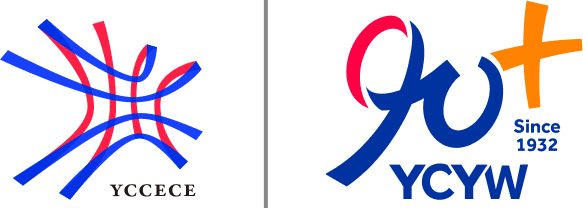Go Back
College News
News
Lecture on Early Childhood Education Quality Assessment by Professor Shi at the YCYW’s Inaugural International Education Symposium
News
04 Mar, 2024
02 : 19
On March 1st, at the YCYW's Inaugural International Education Symposium "Transforming Education, Empowering Humanity: China's Contributions to the Understanding of International Education", Professor Shi Ping, Director of the YCCECE Chor Hang Educational Research Institute, and Head of the YCCECE Mainland Development Office,focused on the theme of Early Childhood Education Quality Assessment. She shared insights from national policies, academic research , and the practice of YCYW kindergartens, spanning from theory to practice.
Professor Shi first elaborated on the historical development of kindergarten education in China. Starting from the late Qing Dynasty and early Republic of China, the government established independent early childhood education institutions under the influence of Western educational principles. Later, with the incorporation of progressive educational ideologies and adapting to the Chinese context, various curriculum reforms emerged, including comprehensive thematic curriculum, activity-based curriculum, and game-based curriculum, following the establishment of the "Kindergarten Curriculum Structure Reform" task force by the National Association for Preschool Education in 1985. Professor Shi then outlined the kindergarten quality assessment since the 1980s, highlighting shifts in emphasis from regulatory compliance to consideration of adherence to children's learning and developmental patterns, from voluntary reporting by kindergartens to mandatory assessment for all, and from focusing on structural quality to process-oriented quality.
Professor Shi introduced academic research conducted by research institutes and university teams on the quality assessment of Chinese kindergartens and childcare institutions. She noted that these research findings served as references for subsequent studies, including those conducted by the YCCECE. Since 2020, prompted by the attention to the "Comprehensive Plan for Deepening the Reform of Educational Assessment in the New Era" issued in 2020, the national agenda has emphasized reforming the content and methods of educational quality assessment. In 2021, YCCECE initiated the project "Research on Kindergarten Quality Assessment Form", aiming to explore the practical pathways for kindergarten education quality assessment guidelines. Through stages such as literature review, expert revision, and trial testing, research outcomes have gradually emerged, including a series of articles published on public platforms and the publication of the book "Kindergarten Quality Assessment Scale" in traditional Chinese characters, as well as the forthcoming book "Research on Kindergarten Quality Assessment Form - Exploring the Practical Path of 'Kindergarten Care and Education Assessment Guidelines'".
Finally, Professor Shi showcased ongoing action research conducted in collaboration between the YCCECE Chor Hang Educational Research Institute and the YCYW Kindergartens. Since 2018, a kindergarten education quality supervision and assessment system has been established, incorporating insights from national policies, research topics, and curriculum resources, with continuous refinement and adjustment in practice. The YCYW Kindergartens have established a self-assessment mechanism, supported by mentorship programs, on-site discussions, and training sessions to ensure the quality and effectiveness of assessment. Utilizing the "YCYW Kindergarten Supervision and Assessment Manual" as a guide, kindergartens engage in self-reflection. The assessment process includes self-assessment, external supervision, and formulation of improvement action plans, emphasizing continuity and sustainability. Beyond assessment tools, the team underscores the importance of observing vibrant kindergarten environments, avoiding over-reliance on assessment instruments while neglecting other essential factors.











